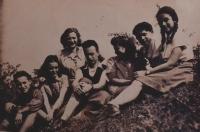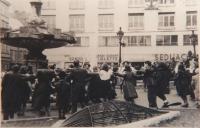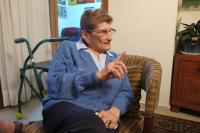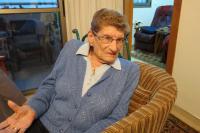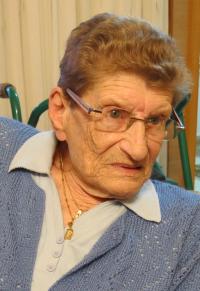Zjistila jsem, že jsem opět Židovka a chci žít mezi Židy
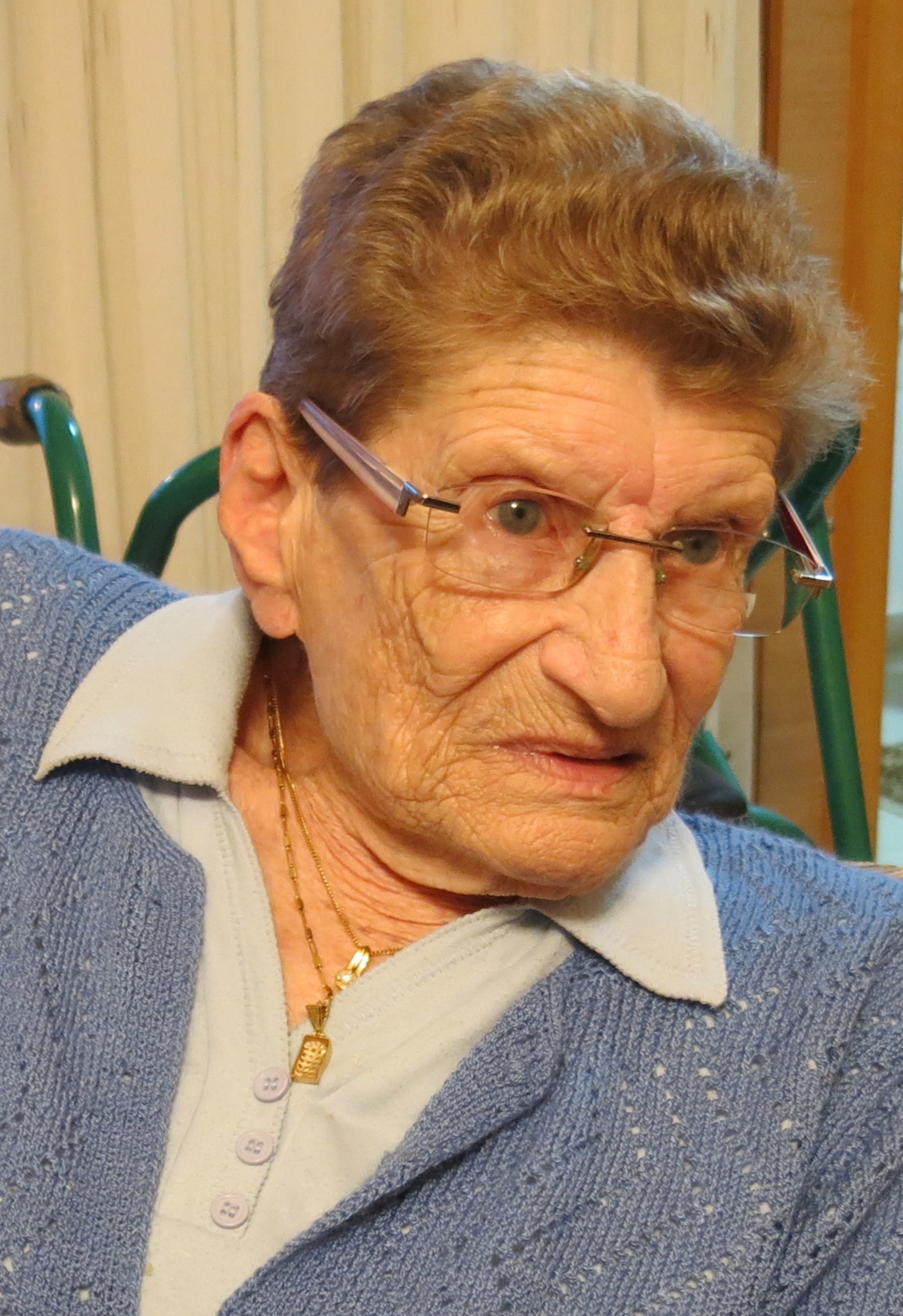
Stáhnout obrázek
Miriam Abeles, rozená Rothová, se narodila 21. července 1932 v Levoči do židovské rodiny. Rodiče provozovali obchod a pamětnice vyrůstala jako jediné dítě. Otec zemřel v roce 1939. Matka nechala dceru pokřtít a z obavy před deportací ji ukryla v klášteře ve Spišském Štiavniku, odkud se později dostala do církevního nápravného ústavu v Bytčici u Žiliny. Matka dobrovolně nastoupila do transportu do Osvětimi a zahynula. Miriam Abeles zůstala do konce války v církevním zařízení, po osvobození se jí ujala sestřenice a žila i u dalších vzdálených příbuzných na Slovensku. Díky příbuzným se dostala do kontaktu se sionistickým hnutím, zúčastnila se letních táborů Makabi ha-cair a přestěhovala se do domova pro židovské sirotky v Bratislavě. Spolu s dalšími mladými sionisty se připravovala na cestu do Izraele, kam odjela v roce 1949 spolu se svým budoucím manželem Chananem Abelesem, který byl vedoucím skupiny mladých imigrantů do Izraele. Usadili se v kibucu Kfar Makabi, odkud po čase odešli do Haify. Pamětnice s manželem vychovali dvě děti a dnes (2016) žijí v Haifě v domově pro seniory.
